As a Jew, I’m starting to wonder if I can even be a progressive anymore
Bintel addresses the hard question of what to do when political labels and identities clash
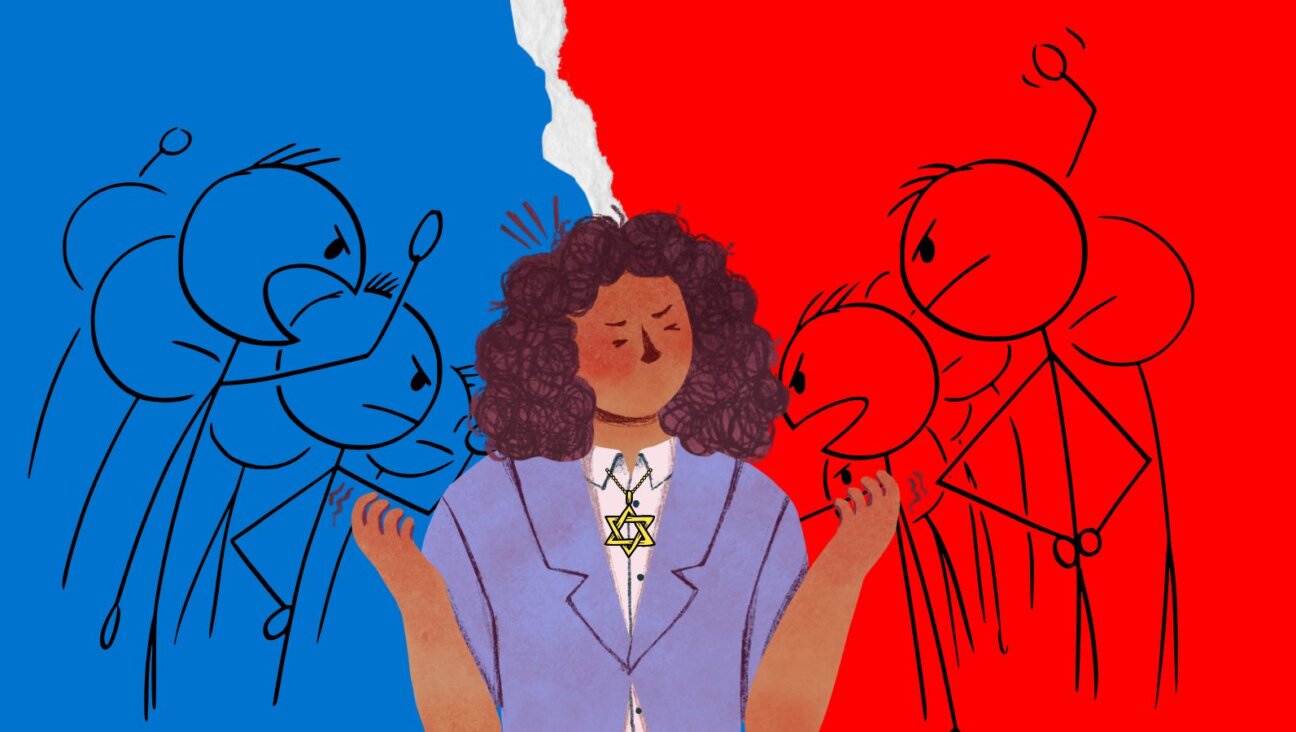
Bintel addresses the hard question of what to do when political labels and identities clash
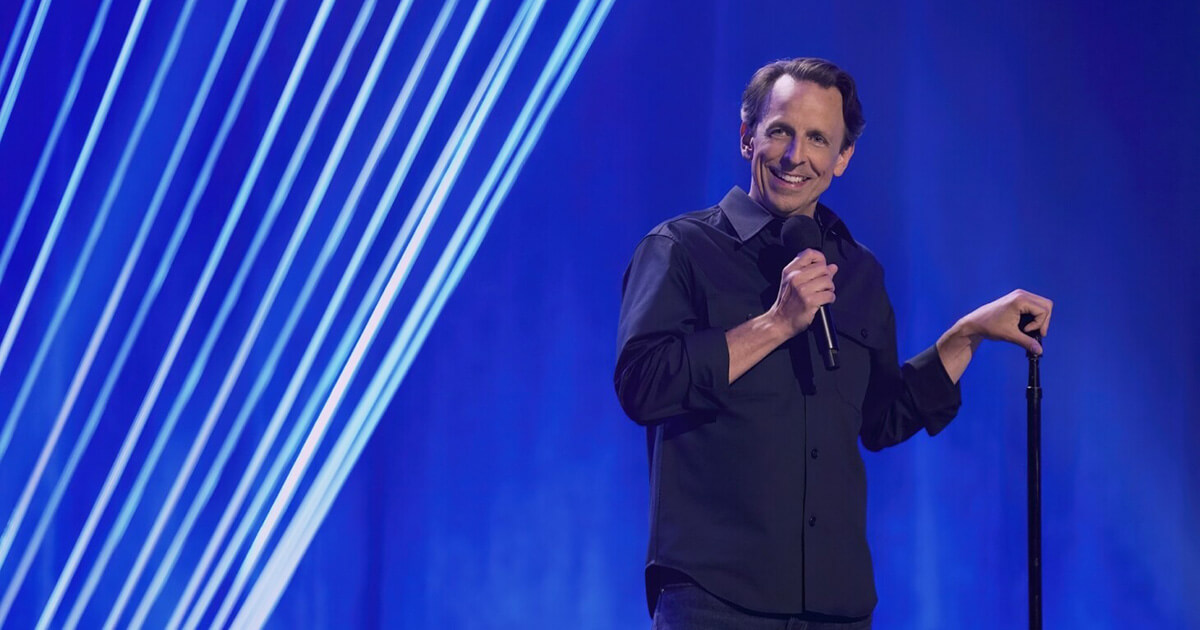
His wife Alexi Ashe is Jewish and his kids are the grandchildren of Holocaust survivors

Political differences have caused rifts in our community since Oct. 7. The DNC is a reminder that our pluralism is our strength
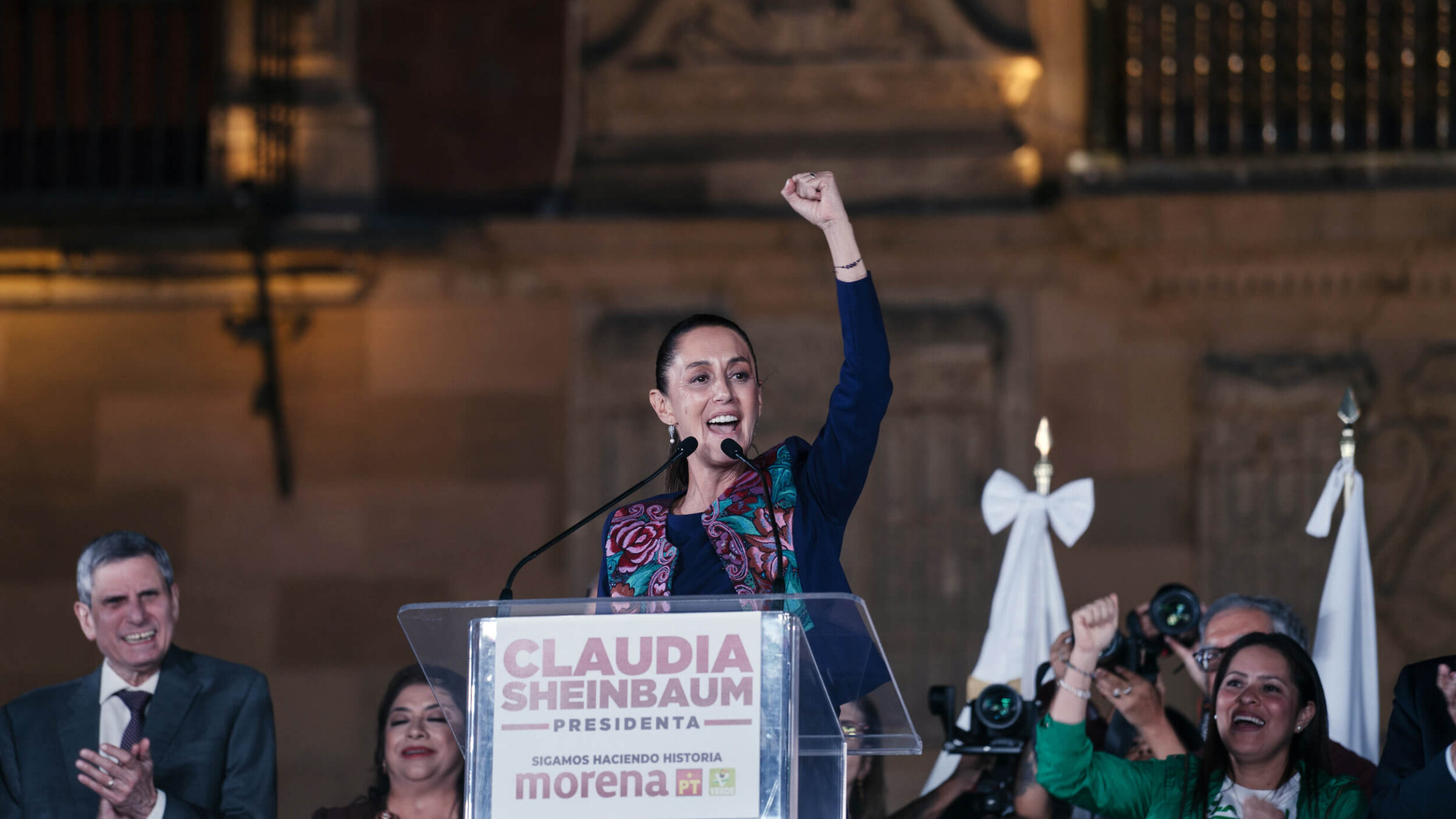
Sheinbaum, who will be the first woman and first Jew to serve as Mexico's president, has rarely addressed her Jewishness in public
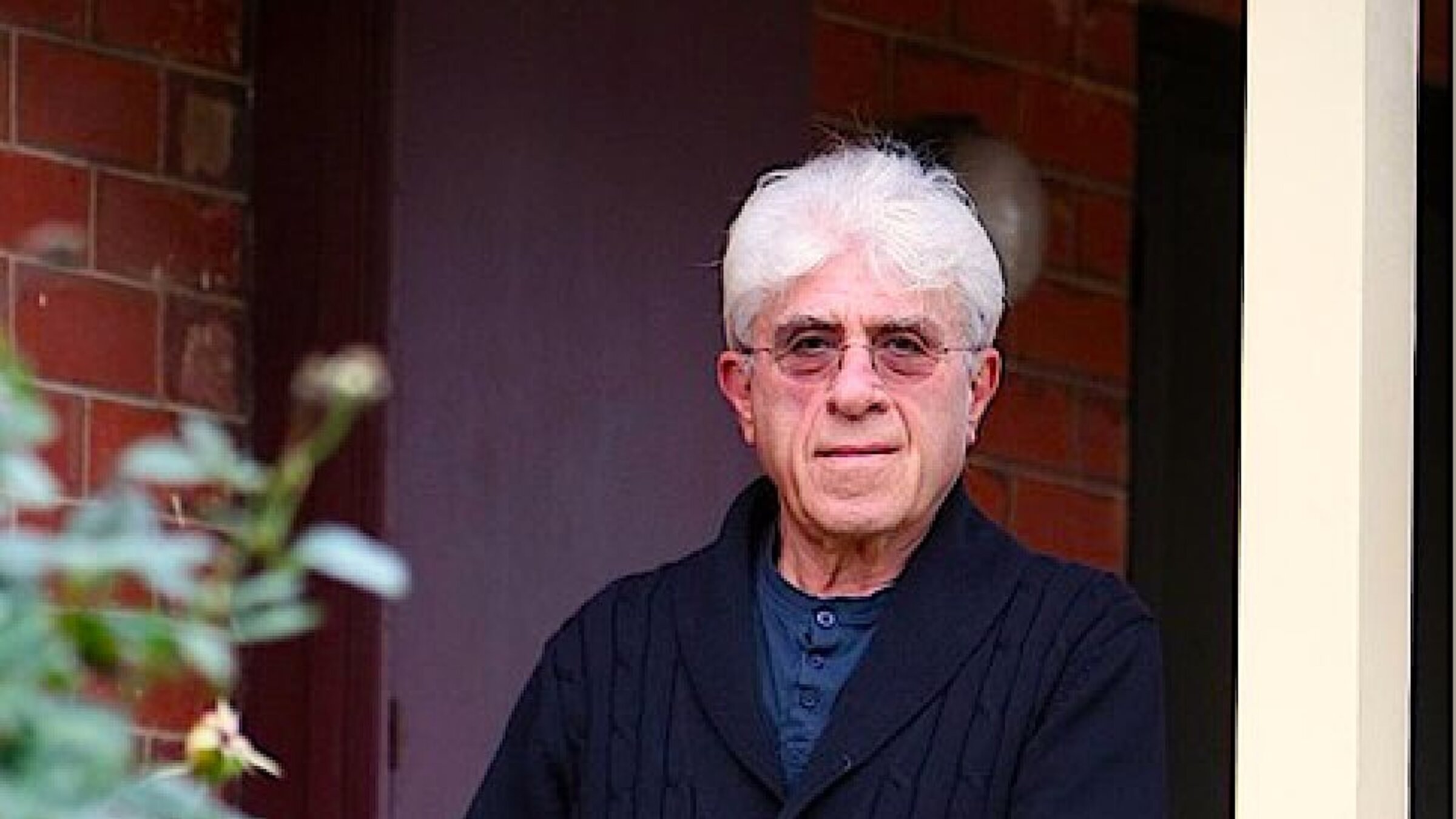
Michael Gawenda’s autobiography is a useful guide on how to navigate difficult conversations about Israel and Zionism
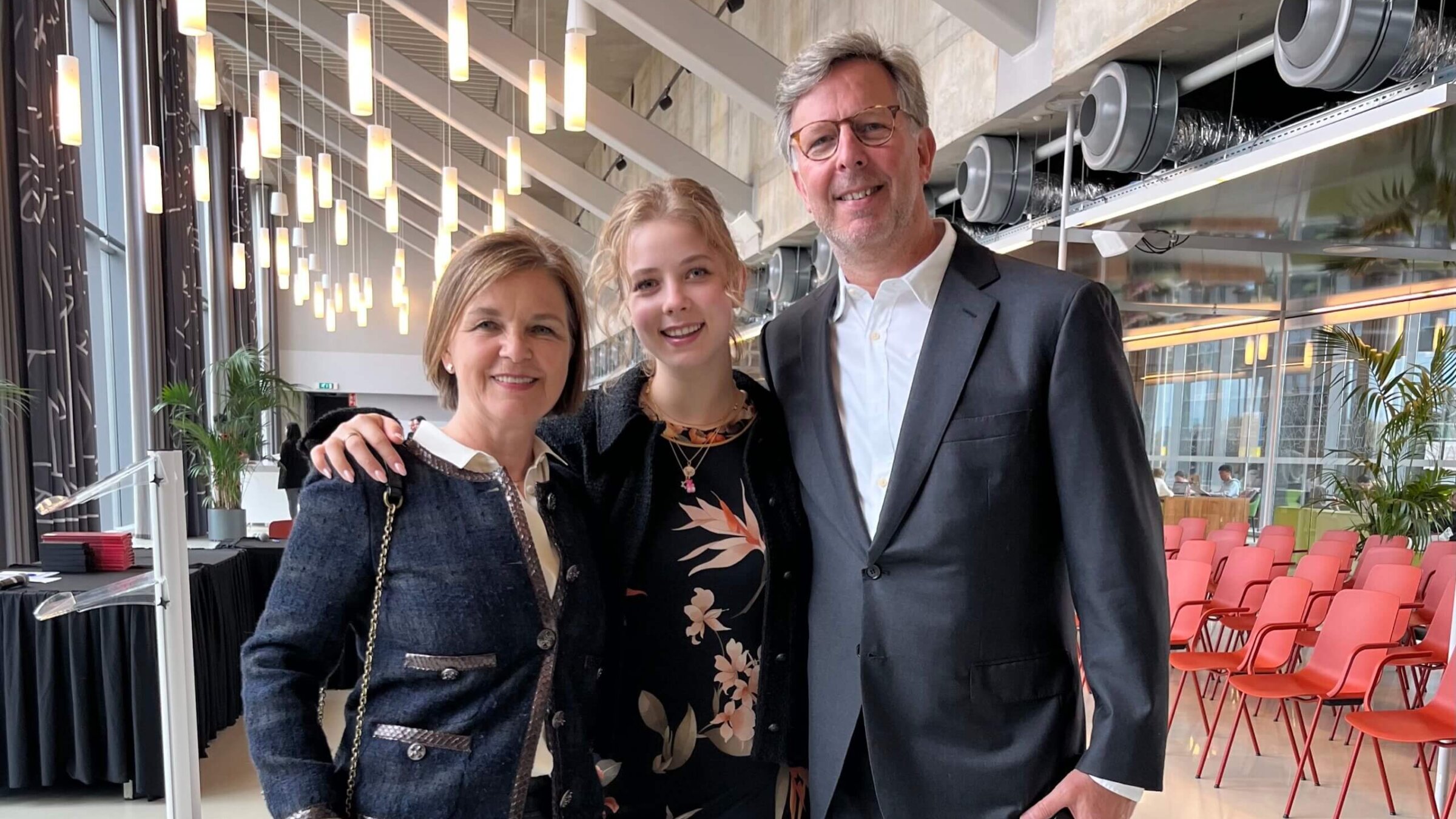
Growing up without a religious foundation, Mia Faye Kreindler found her own way to faith

Many Jews feel isolated in this time of conflict — but it doesn't need to be that way

In 'To Be a Jew Today: A New Guide to God, Israel, and the Jewish People,' Harvard professor Noah Feldman turns his professional gaze on himself








100% of profits support our journalism